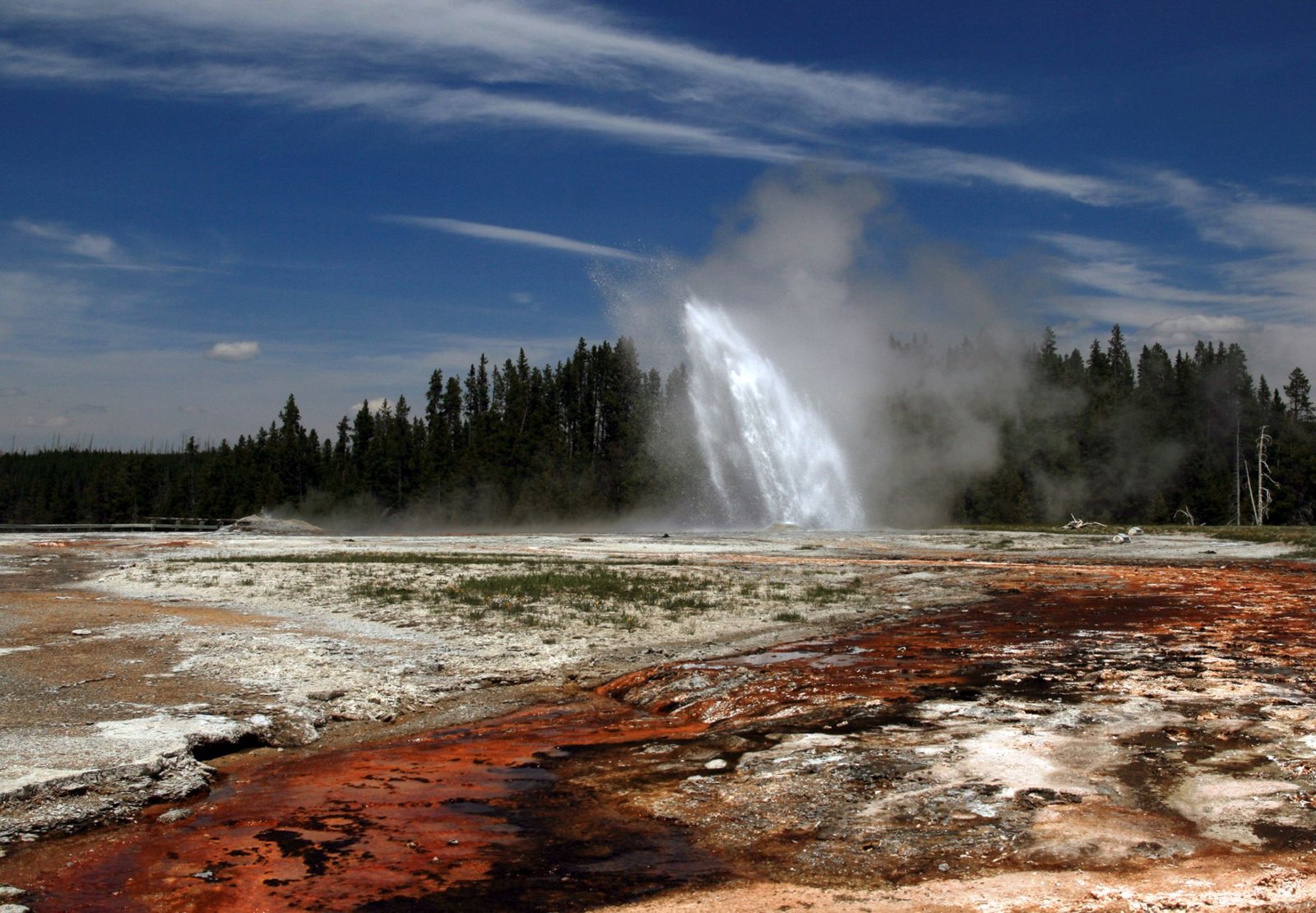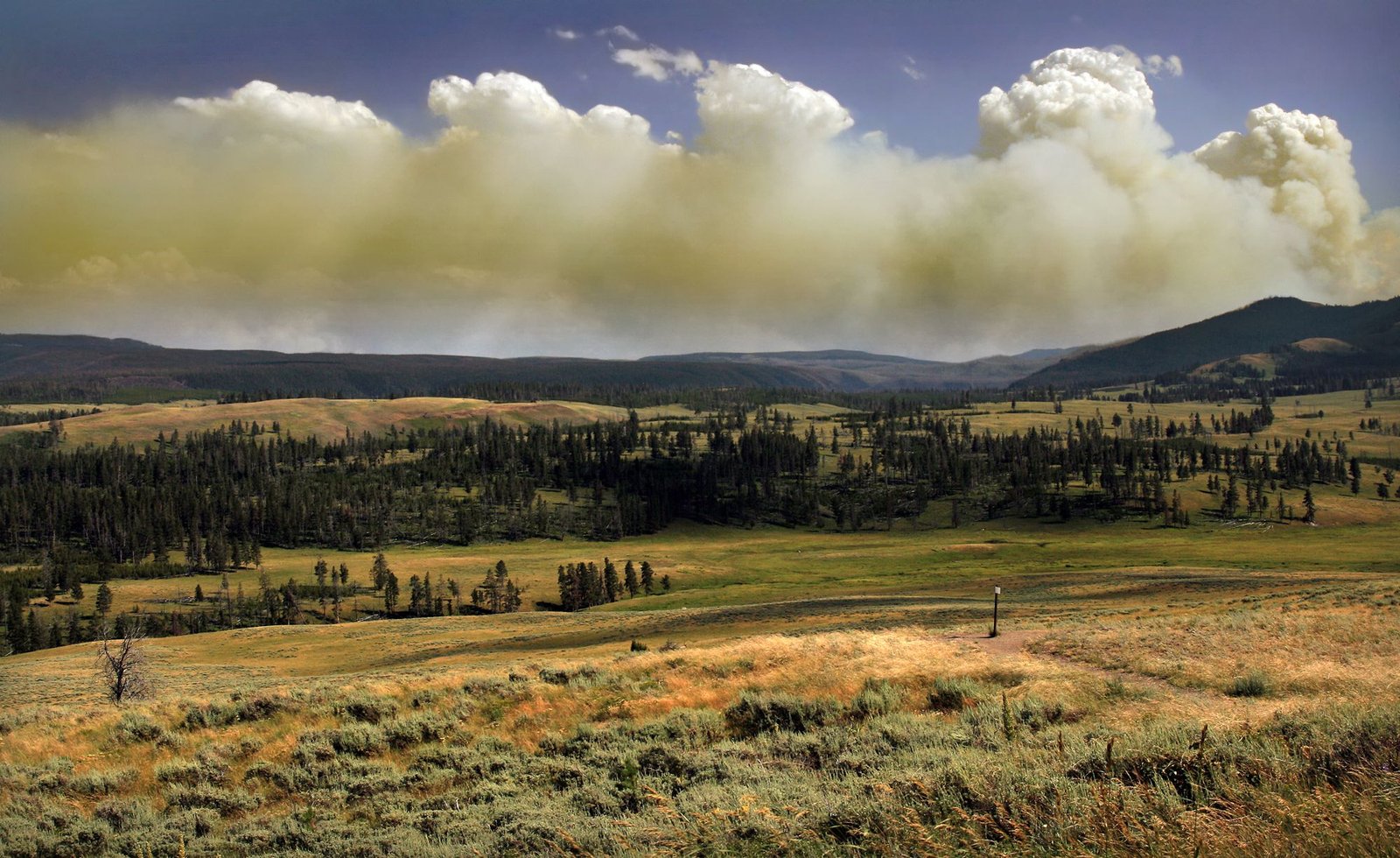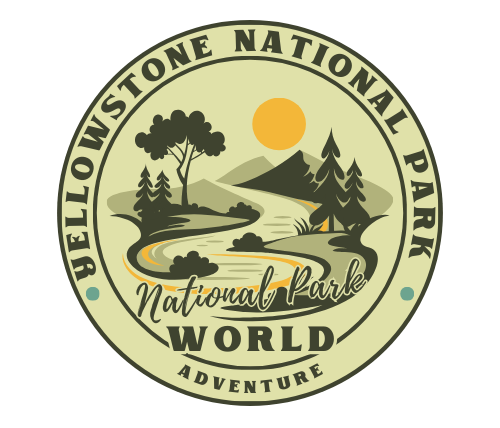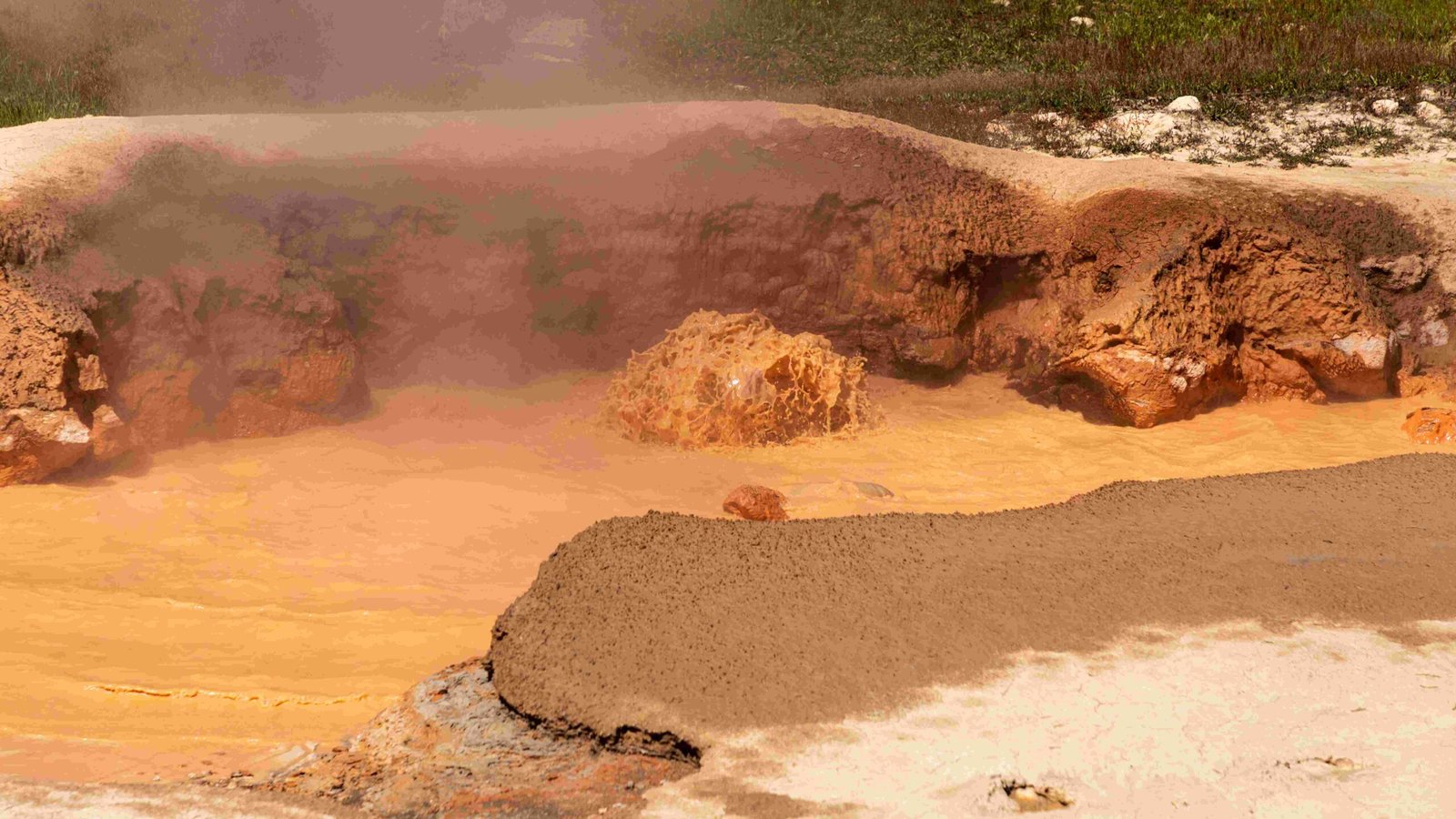Half Dome is an iconic granite formation located in Yosemite National Park, not Yellowstone National Park. This majestic dome rises nearly 5,000 feet above Yosemite Valley, offering breathtaking views and challenging hikes. Despite the common misconception, Half Dome is not part of Yellowstone’s landscape but is a signature feature of Yosemite’s skyline.
What are the Best Hiking Trails to Half Dome?

Half Dome offers several hiking trails, each providing unique experiences and challenges:
- Half Dome via the John Muir Trail (JMT)
- Length: 26.6 km (16.5 miles) round trip
- Elevation Gain: 1,617 m (4,800 ft)
- Difficulty: Hard
-
Features: Spectacular views of Vernal and Nevada Falls, Liberty Cap, and the High Sierra
-
Half Dome via Little Yosemite Valley
- Length: 22.2 km (13.8 miles) round trip
- Elevation Gain: 4,800 ft
- Difficulty: Hard
-
Features: Option to camp in Little Yosemite Valley for a shorter day hike
-
Mist Trail Route
- Length: 16.4 miles round trip
- Elevation Gain: 4,800 ft
- Difficulty: Extremely Strenuous
- Features: Most popular route, passing Vernal and Nevada Falls
How to Obtain Half Dome Climbing Permits?

Climbing Half Dome requires careful planning and obtaining the necessary permits:
- Permit Requirement: Mandatory for hiking to the summit
- Application Process: Lottery system, typically open from March 1 to March 31
- Daily Lottery: Available for remaining permits
- Costs: $10 application fee, additional $10 per person if selected
- Seasonal Restrictions: Cables usually up from Friday before Memorial Day to second Monday in October
What are the Best Scenic Viewpoints for Half Dome?
- Mirror Lake/Meadow Trail
- Accessibility: Easy, 2-mile round-trip hike
-
Features: Picturesque views of Half Dome from the bottom
-
Sentinel Dome
- Accessibility: Moderate, 2-mile round-trip hike
-
Features: 360-degree view including Half Dome
-
Little Yosemite Valley
- Accessibility: Strenuous, part of the Half Dome hike
- Features: Panoramic views of Half Dome, Clouds Rest, and Yosemite Valley
What are the Best Photography Tips for Capturing Half Dome?
To capture the beauty of Half Dome, consider these photography tips:
- Optimal Lighting: Early morning and late afternoon for golden hour
- Camera Settings: Use wide-angle lens, adjust for high contrast scenes
- Unique Angles:
- Mirror Lake for reflective shots
- Sentinel Dome for panoramic views
- Subdome area for close-ups of cables and dome
How Does Half Dome Compare to Yellowstone’s Landmarks?
While Half Dome is not in Yellowstone, it’s worth comparing to some of Yellowstone’s notable features:
| Feature | Location | Height | Type |
|---|---|---|---|
| Half Dome | Yosemite | 8,839 ft | Granite dome |
| Old Faithful | Yellowstone | N/A | Geyser |
| Grand Prismatic Spring | Yellowstone | N/A | Hot spring |
| Mount Washburn | Yellowstone | 10,243 ft | Mountain peak |
What Safety Precautions Should be Taken When Hiking Half Dome?
Hiking Half Dome requires careful preparation:
- Start early to avoid afternoon thunderstorms
- Bring plenty of water and snacks
- Wear sturdy hiking boots with good traction
- Use gloves for the cable section
- Check weather conditions before starting
- Be prepared for a long, strenuous hike
Remember, Half Dome is a challenging hike that requires physical fitness and mental preparation. Always prioritize safety and follow park guidelines.

